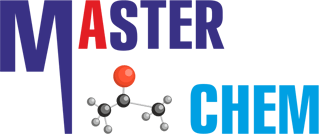Description
Information
Industries: Household chemicals, Fertilizers, Cosmetic industry, Adhesives, oils, greases, Pharmaceutical industry, Building chemistry
CAS number: 8002-74-2
WE number: 232-315-6
Customs tariff code: 2712
€0.00
Solid paraffin (granulated, panels) (CAS 8002-74-2)
Paraffin wax (or petroleum wax) is a soft colorless solid derived from petroleum, coal or oil shale that consists of a mixture of hydrocarbon molecules containing between twenty and forty carbon atoms. It is solid at room temperature and begins to melt above approximately 37 °C (99 °F), and its boiling point is above 370 °C (698 °F). Common applications for paraffin wax include lubrication, electrical insulation, and candles; dyed paraffin wax can be made into crayons. It is distinct from kerosene and other petroleum products that are sometimes called paraffin.
Un-dyed, unscented paraffin candles are odorless and bluish-white. Paraffin wax was first created by Carl Reichenbach in Germany in 1830 and marked a major advancement in candlemaking technology, as it burned more cleanly and reliably than tallow candles and was cheaper to produce.
In chemistry, paraffin is used synonymously with alkane, indicating hydrocarbons with the general formula CnH2n+2. The name is derived from Latin parum (“barely”) + affinis, meaning “lacking affinity” or “lacking reactivity”, referring to paraffin’s unreactive nature.
Information
Industries: Household chemicals, Fertilizers, Cosmetic industry, Adhesives, oils, greases, Pharmaceutical industry, Building chemistry
CAS number: 8002-74-2
WE number: 232-315-6
Customs tariff code: 2712
| Dimensions | N/A |
|---|---|
| Available amount | 25 kg bag |
